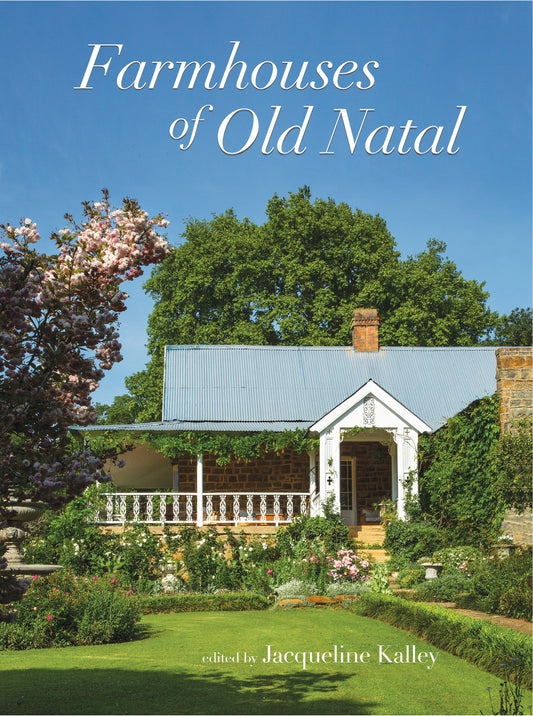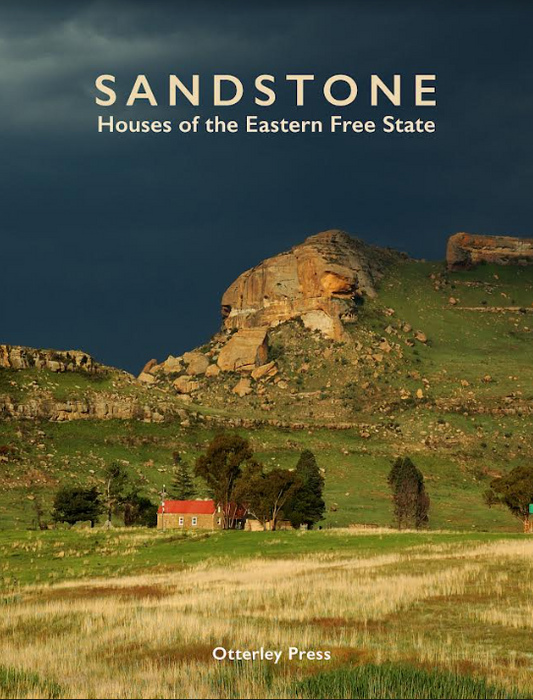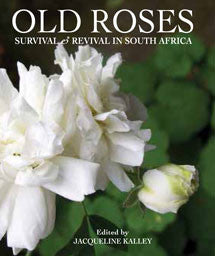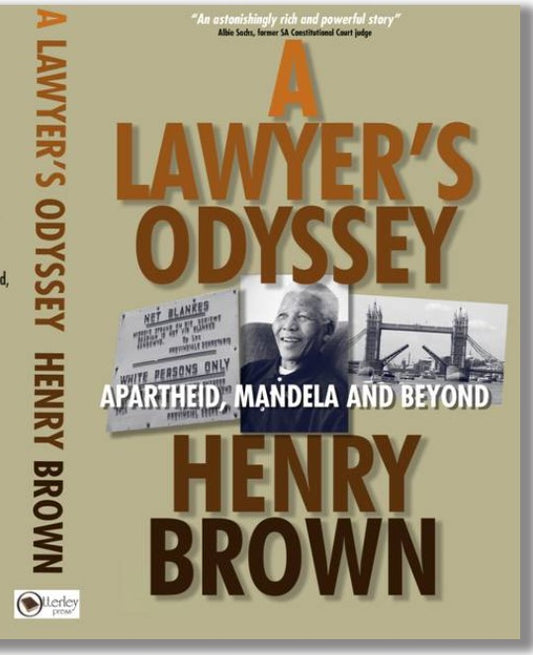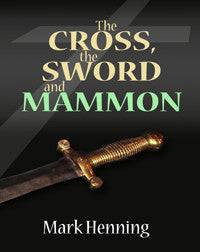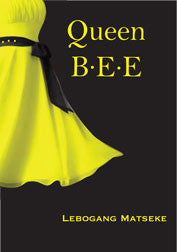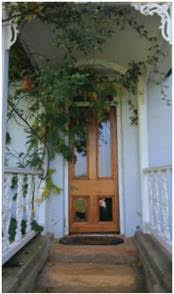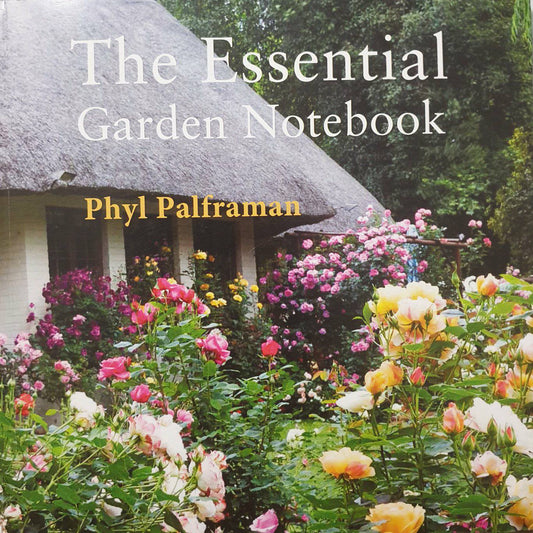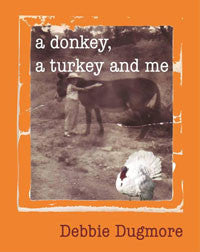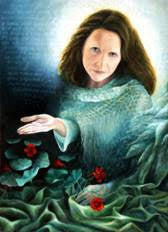Collection: SHOP
-
Farmhouses of Old Natal
Regular price R 720.00 ZARRegular priceUnit price / per -
Sandstone Houses of the Eastern Free State - Pre Publication sale
Regular price From R 720.00 ZARRegular priceUnit price / per -
Old Roses - Survival and Revival in South Africa
Regular price R 420.00 ZARRegular priceUnit price / per -
A Lawyers Odyssey - Softcover Version
Regular price R 310.00 ZARRegular priceUnit price / per -
2024 Otterly Rose calendar
Regular price R 90.00 ZARRegular priceUnit price / per -
The Private World of Normand Dunn
Regular price From R 450.00 ZARRegular priceUnit price / per -
The Cross, The Sword and Mammon
Regular price R 150.00 ZARRegular priceUnit price / per -
Queen B.E.E.
Regular price R 185.00 ZARRegular priceUnit price / per -
Farmhouses of Old Natal
Regular price R 720.00 ZARRegular priceUnit price / per -
The Essential Garden Notebook
Regular price R 285.00 ZARRegular priceUnit price / per -
A Donkey, A Turkey and Me - Softcover
Regular price R 185.00 ZARRegular priceUnit price / per -
Speech after long Silence
Regular price R 150.00 ZARRegular priceUnit price / per

